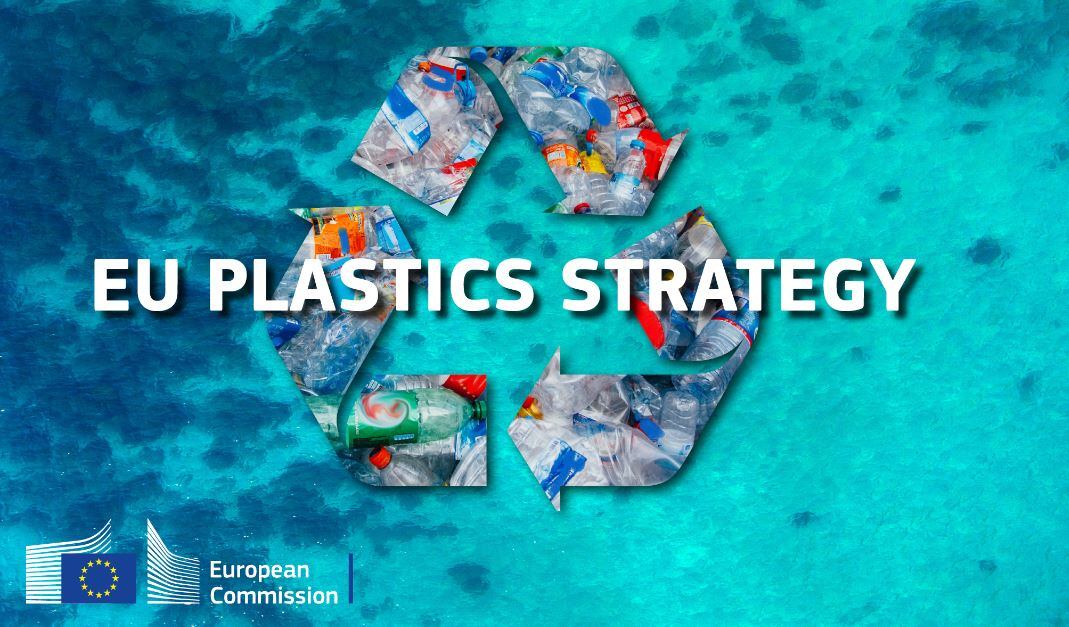It claims as of January 1, 2019, sales outlets will not hand out free plastic carrier bags to consumers except very lightweight plastic carrier bags; it will make the consumer aware of the need to reduce the consumption of plastic carrier bags and of alternative types of packaging and the possibility of using reusable bags or other packing.
Some bags necessary for hygiene purposes
It suggests by January 1, 2025, shops should replace light plastic carrier bags, except very light plastic carrier bags, by packaging made from paper and cardboard or other natural fibre and bio-plastic materials.
The draft law transposes the 2015/720/EU definitions of “plastic carrier bags”, “lightweight plastic carrier bags”, “very lightweight plastic carrier bags” and “oxo-degradable plastic carrier bags”.
It EU directive states: ‘The draft law applies restrictions not only to light plastic carrier bags, but to all types of plastic carrier bags irrespective of the thickness of the material.
‘An exception will apply only to very light plastic carrier bags (thickness of material up to 15 microns) that are necessary for hygiene purposes or the primary packaging of loose food when it helps reduce food wastage.
‘These bags will continue to be available to the consumers at sales outlets for free.’
Estonia and Lithuania
“Having assessed the statistical data on plastic carrier bags and the information from a study conducted by SIA Geo Consultants, the Ministry of Environmental Protection and Regional Development found that in addition to the existing economic instruments (increased rates of natural resources tax for plastic carrier bags) another measure should be introduced for the reduction of the consumption of plastic carrier bags to achieve the targets set by 2015/720/EU,” it says in the proposal.
Introduction of this measure corresponds with those taken by other EU Member States to reduce the consumption of light plastic carrier bags including Estonia and Lithuania.
Under the EU Plastics Bags Directive, national governments must ensure by the end of 2019 no more than 90 lightweight bags are consumed annually per person. By the end of 2025, that number should drop to 40 bags each. To reach these targets, they can apply different measures. These include charges or levies, or national reduction targets. The targets can be achieved either through compulsory measures or agreements with economic sectors.
Some countries have opted for mandatory charges. Others, such as Germany and Austria, for agreements with the retail sector. Alternatively, France and Italy have banned all but biodegradable and compostable plastic bags. The UK and the Netherlands, opted for charging for bags. In Estonia, bags will no longer be available free of charge.
“The Ministry of Environmental Protection and Regional Development believes that the legislative framework included in the draft law will ensure a reduction in the consumption of durable plastic carrier bags, including light plastic carrier bags,” it reports.
“Because the draft law applies restrictions not only to light plastic carrier bags, but to all types of plastic carrier bags irrespective of the thickness of the material, it is expected that the total quantity of packaging in the country will not increase.”
According to the EU, the numbers of plastic bags used per person differs widely among Member States. Some have already achieved impressive results in curbing plastic bag use. Thanks to measures taken over the last couple of years, in Denmark and Finland, the average annual consumption of lightweight plastic bags is just four per person. In Ireland, since the introduction of a levy in 2002, the consumption of single-use plastic bags has fallen from 328 per person per year to 18 – a reduction of nearly 95%.
On the other end of the scale, there are countries where the use of bags in 2010 was far above the average – for example 269 bags in Greece and 421 in Bulgaria.
Source: Communication from the Commission - TRIS/(2018) 02120
Notification Number: 2018/388/LV (Latvia)
Date received: 30/07/2018
End of Standstill: 31/10/201

